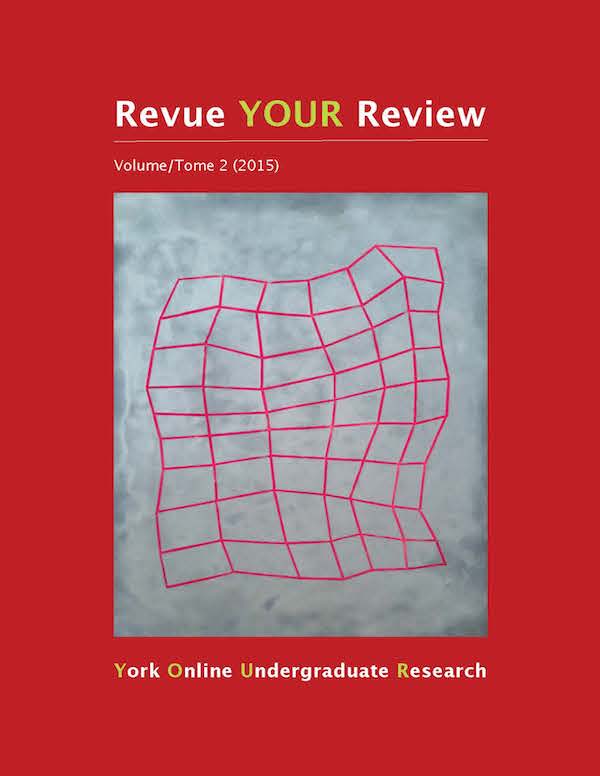El exilio, la guerra y el Judaísmo en la poesía de Marjorie Agosín [Exile, War, and Judaism in the Poetry of Marjorie Agosín]
Abstract
In Margorie Agosín’s 2006 book of poetry, Mother, Speak to Us of War / Madre, háblanos de la guerra, her three poems “La frontera / The border,” “Durante el bombardeo / During the bombing,” and “Perdonar / Forgive” address the topics of exile, war, and marginality with the hope of stirring up a desire in others to bring about change. Basing my analysis of the three poems on articles and books written about Agosín’s life and work, as well as on a radio interview with the poet herself, I show how her personal life influenced and inspired her in writing these poems. The three topics of exile, war, and marginality emerge from events with which Agosín had to contend since her childhood as a Latin American Jewish woman and later as an immigrant in the United States. Moreover, these topics are shown to be highly interconnected as marginal peoples, represented through the voices of women and the references to Jewish tradition and history, may endure exile due to the experience of war. In these poems, Agosín addresses the Latin American experience of exile due to civil war and violence as well as the North American experience of war in Iraq, which she sharply criticizes. While no concrete solutions are offered for the harsh experiences introduced in her poems, the artistic expression of these are Agosín’s solution since, for her, poetry is a tool for social reform and a weapon in the fight for human rights and liberty.
Downloads
How to Cite
Issue
Section
License
Authors contributing to Revue YOUR Review agree to release their articles under one of three Creative Commons licenses: Creative Commons Attribution 4.0 International; Creative Commons Attribution-NonCommercial 4.0 International; or Creative Commons Attribution-NoDerivatives 4.0 International. All editorial content, posters, and abstracts on this site are licensed under Creative Commons Attribution-NoDerivatives 4.0 International. For further information about each license, see:
https://creativecommons.org/licenses/
In all cases, authors retain copyright of their work and grant the e-journal right of first publication. Authors are able to enter into other contractual arrangements for the non-exclusive distribution of the e-journal's published version of the article (e.g., post it to an institutional repository or publish it in a book or in another journal), with an acknowledgement of its initial publication in this e-journal.


